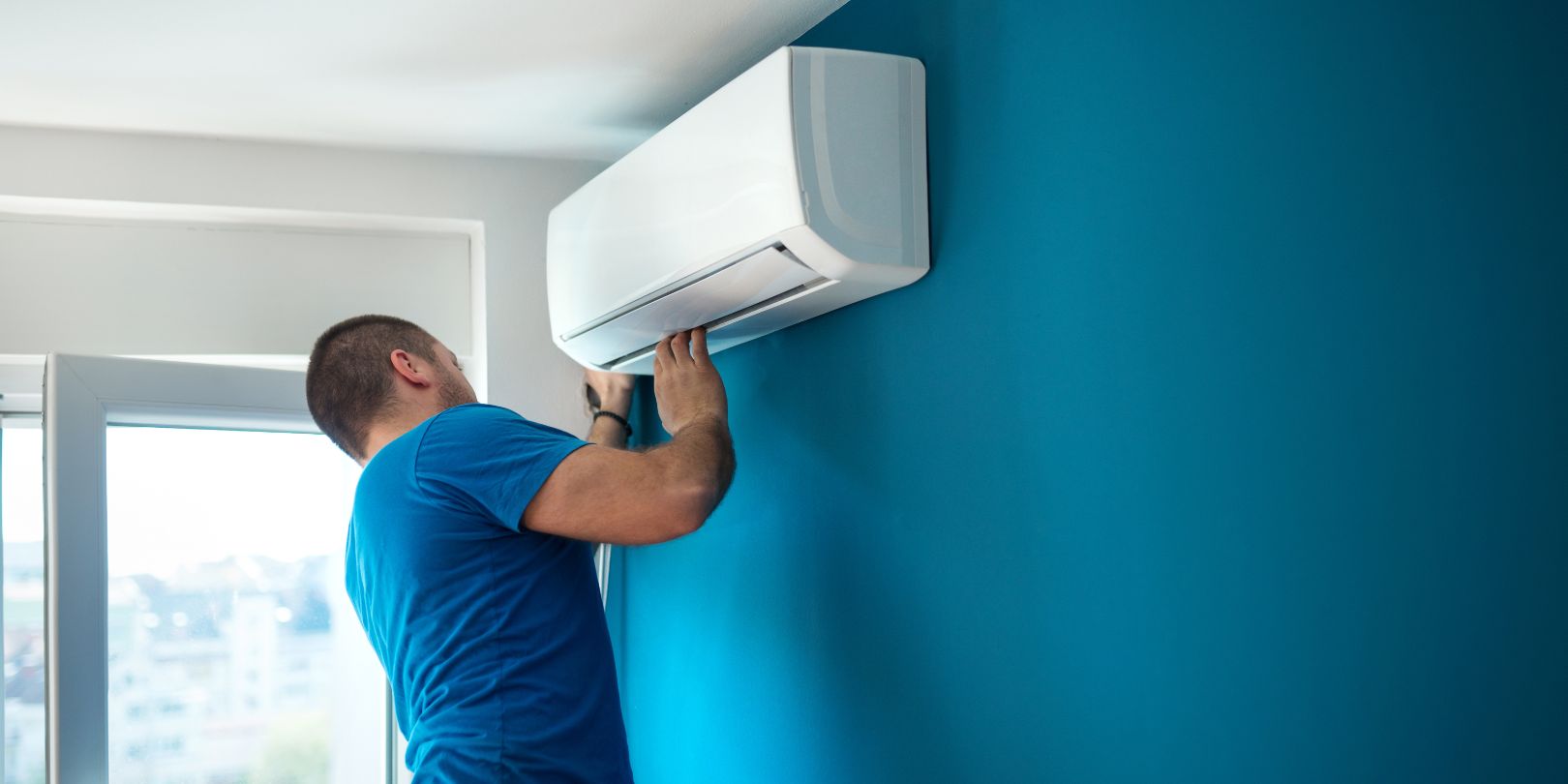How Long Do AC Units Last? 5 Signs Your AC Needs Replacing

xr:d:DAFo1FL9DFI:793,j:4249546133600475523,t:23081609
As summer temperatures rise, your air conditioning unit becomes an invaluable asset in keeping your home comfortable. It’s something you might not think about often since it regularly plays a part in your home. However, like all appliances, AC units have a finite lifespan. Understanding the expected lifespan of your AC unit and recognizing the signs that it’s time for a replacement are crucial for maintaining a cool and comfortable indoor environment. In this article, we’ll explore the typical lifespan of AC units and highlight five key signs that indicate it might be time to invest in a new unit to ensure efficient cooling and energy savings.
AC Unit Lifespan
The average lifespan of an air conditioner unit can vary based on factors such as usage, maintenance, and the brand’s quality. Generally, well-maintained units can last anywhere from ten to fifteen years. Window air conditioners can even last ten to twenty years. Portable air conditioners on the other hand usually last three to ten years. Regular maintenance, such as cleaning or changing air filters, scheduling professional inspections, and addressing minor issues promptly, can extend the life of your AC unit.
Decreased Cooling Efficiency
As AC units age, their cooling efficiency can decline. If you notice that your home isn’t getting as cool as it used to despite setting the thermostat lower, it could be a sign that your AC unit is struggling to maintain the desired temperature. This reduced cooling performance can result from worn-out components and decreased overall efficiency.
Frequent Repairs
While occasional repairs are normal throughout an AC unit’s lifespan, if you find yourself repeatedly calling for repairs, it might be more cost-effective to consider a replacement. Frequent breakdowns and repairs can indicate that your AC unit is nearing the end of its functional life, and the money spent on repairs might be better invested in a new, more energy-efficient unit.
Increased Energy Bills
As AC units age and their efficiency diminish, they tend to consume more energy to achieve the same level of cooling. If you notice a steady increase in your energy bills despite consistent usage patterns, it’s a sign that your AC unit is becoming less energy-efficient. Replacing it with a newer, energy-efficient model can lead to significant long-term savings on your utility bills.
Strange Noises and Odors
Unusual sounds, such as grinding, squealing, or rattling, can indicate that your AC unit’s internal components are wearing out. Similarly, strange odors emitted when the AC is running might suggest mold or mildew growth within the system. Both sounds and odors are red flags that warrant attention and could be indicators that your AC unit is approaching the end of its useful life.
Inconsistent Airflow and Poor Air Quality
Inconsistent airflow, where certain areas of your home receive less cool air than others, can signify problems within the AC unit. Additionally, if your AC isn’t effectively filtering the air, it can lead to poor indoor air quality. This can triggers allergies and other respiratory health issues using an AC. If you’re experiencing uneven cooling or poor air quality, it might be time to replace your AC unit.
Outdated Technology and Refrigerants
Advancements in technology have led to more energy-efficient and environmentally friendly AC units. If your AC unit is using outdated technology or refrigerants that are being phased out due to environmental concerns, it might be a good idea to replace it with a newer model that meets current standards.
Final Thoughts
AC units are indispensable for maintaining a comfortable living environment, especially during hot summer months. If your AC unit exhibits decreased cooling efficiency, frequent breakdowns, increased energy bills, strange noises or odors, inconsistent airflow, or outdated technology, it may be time to consider replacing it. Installing in a new AC unit not only ensures efficient cooling and a better climate but can also lead to long-term energy savings and improved indoor air quality. Remember that professional guidance from HVAC experts can help you make an informed decision and select an AC unit that aligns with your cooling needs and energy-saving goals.